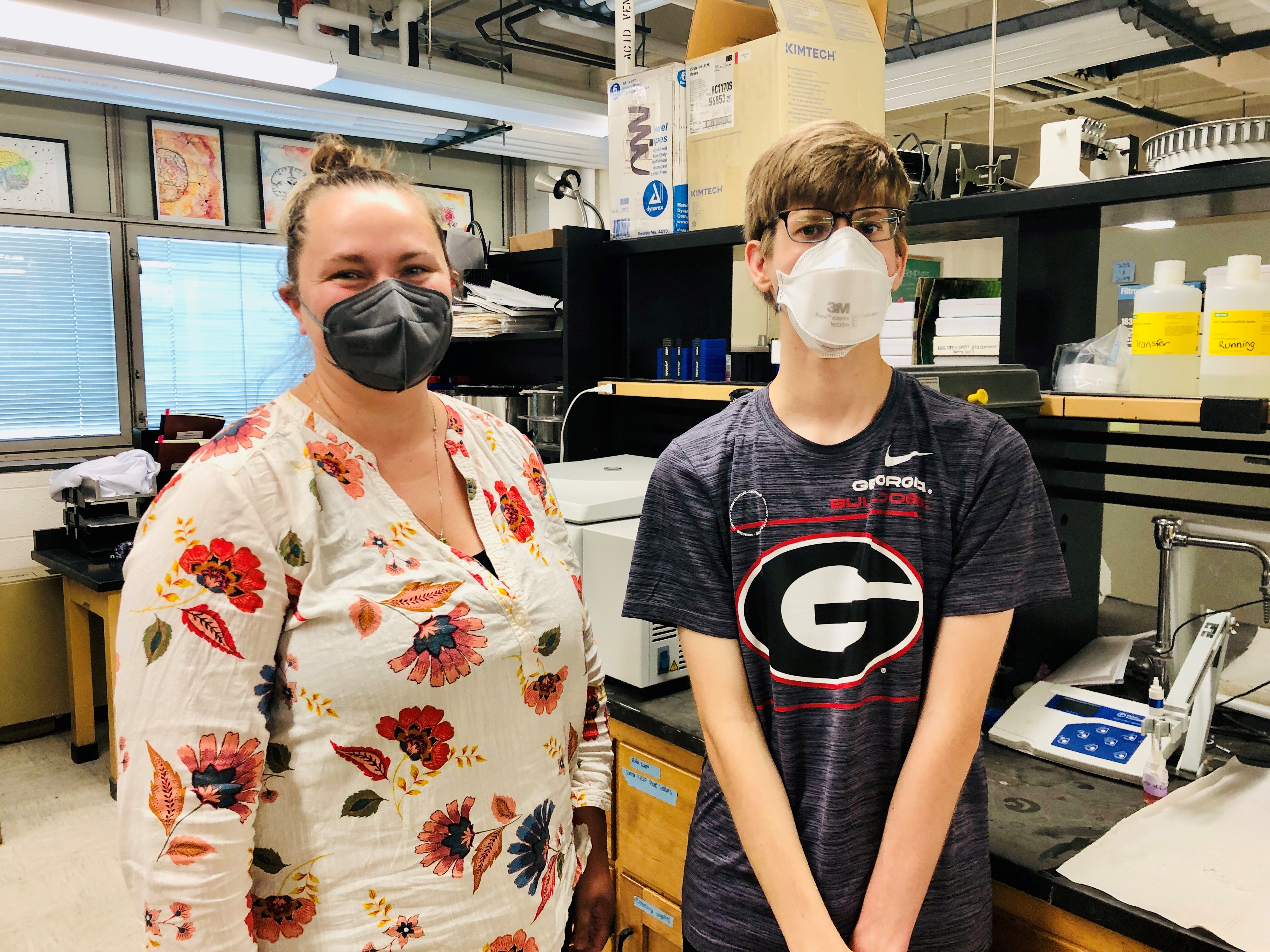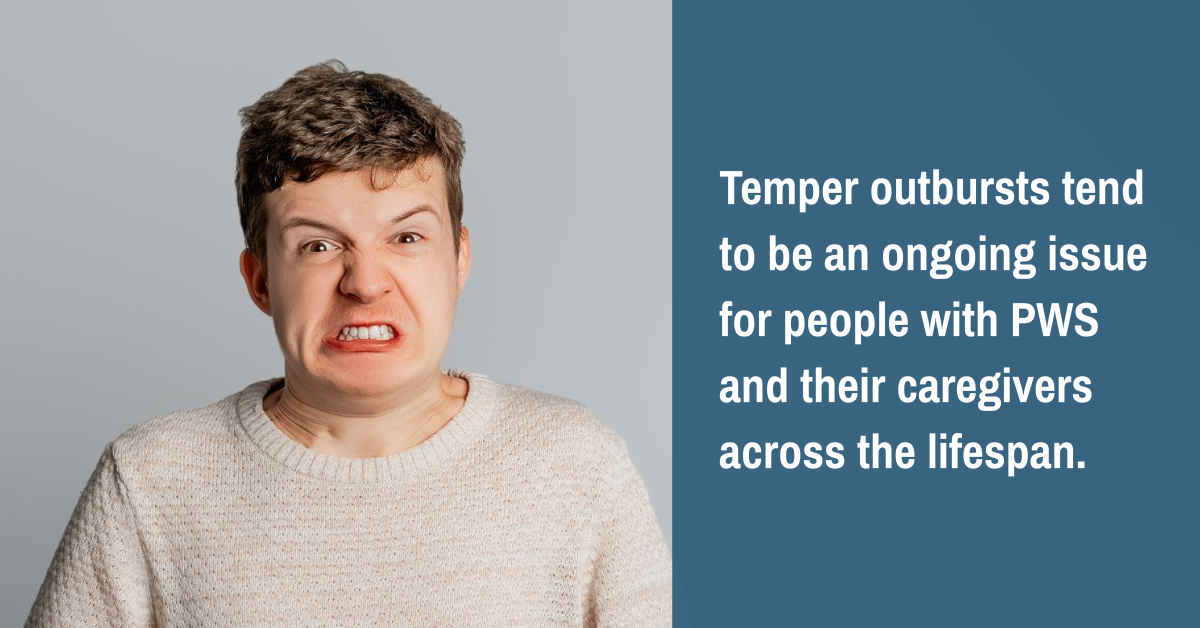Topics: News
Twenty paintings are available to the highest bidders in a unique art auction benefiting the Foundation for Prader-Willi Research (FPWR).
A special contribution by guest blogger Claire Carucci. Our 17-month-old daughter Caroline has Prader-Willi syndrome (PWS), and it has forced me to be stronger than I ever thought I would need to be. When I was looking at this little baby in the hosp...
Topics: Stories of Hope
A special contribution by guest blogger Lisa Matesevac This summer, my family made our annual 15-hour trek to visit family in Buffalo, NY. This was a much-needed reprieve for our family as Evan, our teenage son with PWS, was recovering from recent sp...
Topics: Research
A special contribution by guest blogger Julie Foge Eliza turned eight this month, and it’s hard to put into words just how much our life has changed in that span of time. I knew it would the moment we got her diagnosis, of course, but it didn’t happe...
Topics: Stories of Hope
Temper outbursts are a common challenge for many people with Prader-Willi syndrome. The published study "The characteristics of temper outbursts in Prader-Willi syndrome" sheds light on temper outbursts in PWS. Drs. Rice, Einfeld and Woodcock, all ve...
Topics: Research
In July 2022, FPWR’s Executive Director Susan Hedstrom, Director of Research Programs Theresa Strong, and Lauren Schwartz, FPWR’s leader of the Mental Health & Behavior Research Programs, attended the International Prader-Willi Syndrome Organisat...
Topics: Research
This September 29 - October 1, parents, caregivers and medical professionals from across the country will once again be coming together to connect, learn, and be inspired at the Foundation for Prader-Willi Research’s Annual Research Symposium and Fam...
A special contribution by guest blogger Will Greene When our son Ari was diagnosed with Prader-Willi syndrome in January 2022, FPWR emerged as a beacon of hope in our caregiver journey. That’s why I’m making the long trip from Singapore to Chicago to...
Topics: Stories of Hope, Parents
Join us September 30-October 1 for our annual gathering of movers, shakers, thinkers, and doers at this year’s FPWR Family Conference! Here are the top 10 reasons you need to be there:
Topics: News















